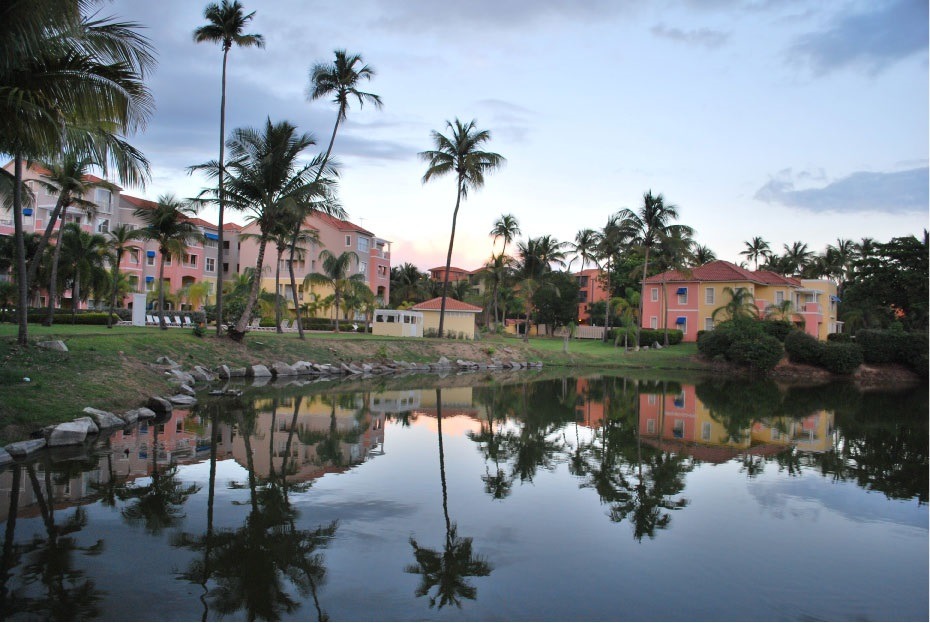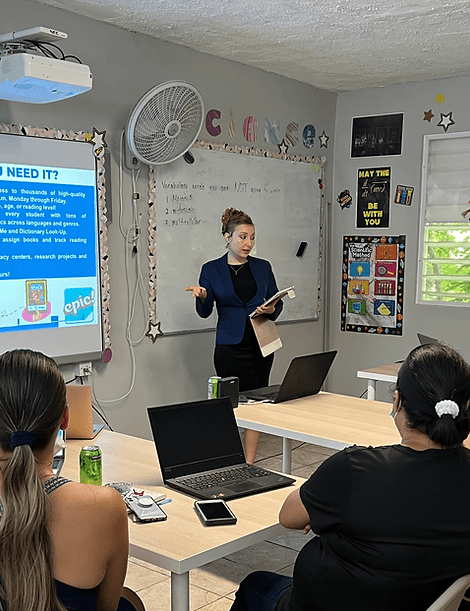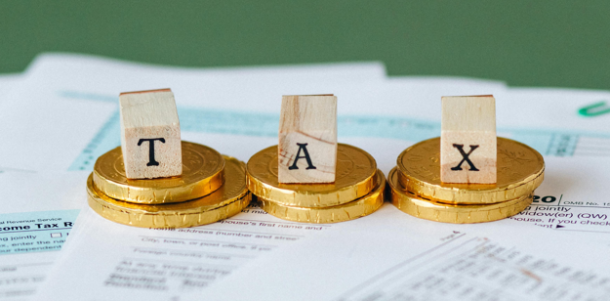
How can Puerto Rico lower your taxes?
Why Puerto Rico, and how do the tax breaks work?
You may have found this site because you have heard that Puerto Rico taxes can be as low as 0%. This might sound too good to be true! We assure you that it is legitimate, and may be easier than you think, especially if you get some expert help to streamline the process.
To be clear: there are rules around officially establishing yourself as a PR resident.
Also, just moving to PR is not enough – you also need to apply for one or more of the PR tax incentive programs, and comply with the requirements of it.
As a US Territory, Puerto Rico has a unique status under the US tax law: income earned in Puerto Rico is taxable by PR’s IRS, not by the federal IRS. This puts PR in a unique position of being able to offer special tax incentives.
How much tax can you save?
Puerto Rico’s government has created full program of tax breaks that include:
- Individual investors can pay 0% on qualifying investment income
- Services businesses can pay 2-4% corporate tax, and no tax on owner distributions, if formed and operated in PR. Services can include consulting, management, among a number of other types of services.
- A number of other businesses have a similar deal, and some also include tax credits.
These benefits do generally require relocating to PR, and conforming with the IRS’ rules for bona-fide PR residency.
PR Advantage has designed services packages to soften your landing in PR, helping you figure out the best tax strategy, obtain the incentives, successfully relocate to PR, and establish yourself for success from the beginning.
Free Webinar Series
We offer a webinar from time to time to provide an overview of the main questions our clients typically ask. Here are some upcoming dates that you can sign up for:
We Can Help
Our company helps people like you take advantage of Puerto Rico’s excellent tax incentives! We can help you determine which tax incentives are right for you, help you plan your residency and relocation strategy, and simplify the entire process for you.
Contact us for a free initial consultation.






